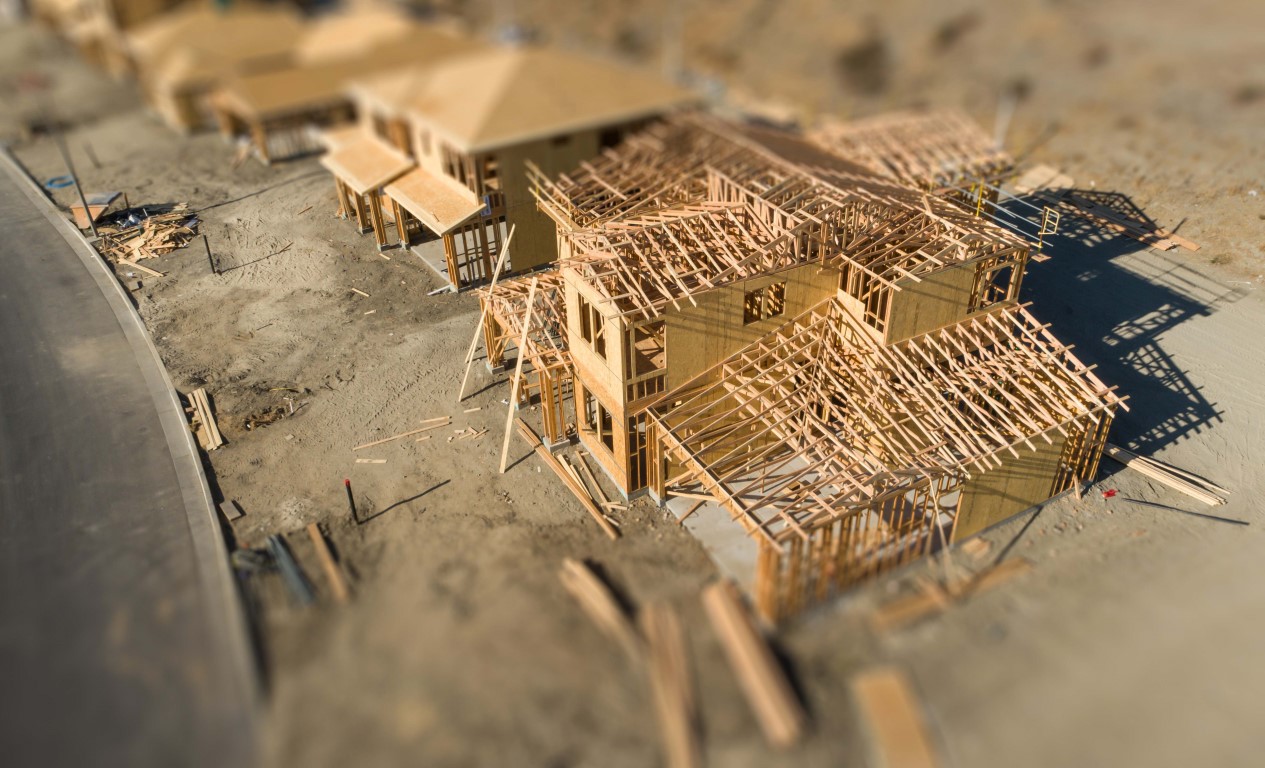December 15th 2022
 This recent bill before the Legislature will be of particular interest to anyone watching the housing market. Bill 23, More Homes Built Faster Act, 2022 was introduced by Minister of Municipal Affairs and Housing the Honourable MPP for Leeds-Grenville-Thousand Islands and Rideau Lakes Steve Clark (PC) on October 25th, 2022, and passed the first reading. At the time of writing, it remains under review by the Standing Committee on Heritage, Infrastructure, and Cultural Policy for its second reading. The bill serves as a streamlining tool, targeting zoning, heritage designations, and environmental protection. The bills affected include the: City of Toronto Act, 2006; Conservation Authorities Act; Development Charges Act, 1997; Municipal Act, 2001; New Home Construction Licensing Act, 2017; Ontario Heritage Act; Ontario Underground Infrastructure Notification System Act, 2012; Planning Act; Ontario Land Tribunal Act, 2021; and the York Region Wastewater Act, 2021. It is pertinent to note that amendments and changes to this bill may still be made before it receives Royal Assent.
This recent bill before the Legislature will be of particular interest to anyone watching the housing market. Bill 23, More Homes Built Faster Act, 2022 was introduced by Minister of Municipal Affairs and Housing the Honourable MPP for Leeds-Grenville-Thousand Islands and Rideau Lakes Steve Clark (PC) on October 25th, 2022, and passed the first reading. At the time of writing, it remains under review by the Standing Committee on Heritage, Infrastructure, and Cultural Policy for its second reading. The bill serves as a streamlining tool, targeting zoning, heritage designations, and environmental protection. The bills affected include the: City of Toronto Act, 2006; Conservation Authorities Act; Development Charges Act, 1997; Municipal Act, 2001; New Home Construction Licensing Act, 2017; Ontario Heritage Act; Ontario Underground Infrastructure Notification System Act, 2012; Planning Act; Ontario Land Tribunal Act, 2021; and the York Region Wastewater Act, 2021. It is pertinent to note that amendments and changes to this bill may still be made before it receives Royal Assent.
Changes to the Conservation Authorities Act make it so that conservation authorities have expanded oversight of water use, development, and diversion but that they only need to notify the Minister of decisions rather than seek specific approval. It also changes the consideration of pollution control and land conservation to the consideration of soil and bedrock stability. The Minister may also limit the conditions imposed attached to development permits and force the termination of such permits where prescribed timelines are not upheld.
Changes to the Development Charges Act, of 1997 remove development charges for various housing development projects. The main target of these is affordable residential units, attainable residential units, non-profit housing developments, and inclusionary zoning residential units. Certain studies required of a development project have had their capital costs removed or reduced with by-laws being limited in their ability to impose charges for their first four years of effect. Development charge by-laws no longer expire after five years but now last for ten. Rental housing development charges are reduced by a percentage tied to the number of bedrooms. Interest rates on these charges have been capped. Finally, municipalities have been compelled to spend up to 60% of reserve funds raised by these by-laws for the services those laws were established to fund.
The Municipal Act, of 2001 has been amended to give the Minister the power to limit the ability of municipalities to prevent the demolition and repurposing of rental properties for other uses.
 The New Home Construction Licensing Act, 2017 has been amended to allow the Minister to act by order on the regulatory board. Repeat offenders under this Act have had their fines raised. Other changes increase fines and penalties, expanding enforcement thereof in order to curb economic benefits from infractions for offenders.
The New Home Construction Licensing Act, 2017 has been amended to allow the Minister to act by order on the regulatory board. Repeat offenders under this Act have had their fines raised. Other changes increase fines and penalties, expanding enforcement thereof in order to curb economic benefits from infractions for offenders.
The Ontario Heritage Act now gives the Minister the ability to review determinations made by administrative bodies and clarifies the process for the identification, maintenance, use, and disposal of property. The Lieutenant Governor in Council may now override heritage protections, standards, and guidelines for a specific property if it is deemed in the opinion of the Lieutenant Governor in Council to advance the priorities of the province. Municipal clerks will now have to publicize a list of all properties that the Municipal Council has deemed or believes to be of cultural heritage value or interest. Where criteria for considering the property is prescribed, properties listed as designated or believed to be of value must meet said criteria. Non-designated properties have had their objection process modified and must be delisted if failing to meet the criteria. If a property is delisted, it may not be relisted for five years. Rules are tightened for timelines within which to designate a property as having heritage protections. Heritage area designations must now meet the criteria prescribed and must adhere to an official heritage conservation plan associated with the district.
The Ontario Land Tribunal Act, 2021 has been expanded to allow the Tribunal to dismiss proceedings without a hearing where it has been determined that the proceeding was brought forward in order to cause undue delay, or if any party has failed to comply with a Tribunal order. The Lieutenant Governor in Council may now order the Tribunal to prioritize specific classes of proceedings. The Minister may set timelines for the Tribunal for the various steps of different classes of proceedings, this includes the authority to require a report on compliance with said timelines.
The Planning Act has been amended to include the concept of urban residential land with rules pertaining to their development. Zoning by-laws must be brought into conformity with the new regulations within one year. The right for a person or public body to appeal the adoption of an official plan of development has been revoked unless

they are from a short list of utility and infrastructure organizations. Pit and quarry sections of official plans may now be amended within the two-year period after the plan comes into effect. The Minister has fewer constraints in amending official plans by order. Changes to community benefit charges include caps on percentages and now take into the consideration floor area. Exterior design is no longer subject to site plan control. Parkland requirements for new development have been expanded to include affordable housing requirements. Protections to the Greenbelt Area are reaffirmed in respect to land lease community homes. Two classes of upper-tier municipalities are created, those with and those without planning responsibilities. Lower-tier municipalities within an upper tier that lacks planning responsibility will gain said responsibility.
The Supporting Growth and Housing in the York and Durham Regions Act, 2022 is amended to give the minister powers to require the removal of obstructions to the York Region sewage works project, and the Lake Simcoe phosphorous reduction project. Elements of the Environmental Assessment Act are repealed in respect to these projects and the Environmental Bill of Rights, 1993 are revoked in the same respect. Changes have been made to the Expropriations Act including rules for compensation regarding these projects specifically. The minister has the power to delegate their powers to the municipalities.
Brian Abfal
C3I - Liddiard Law Professional Corporation